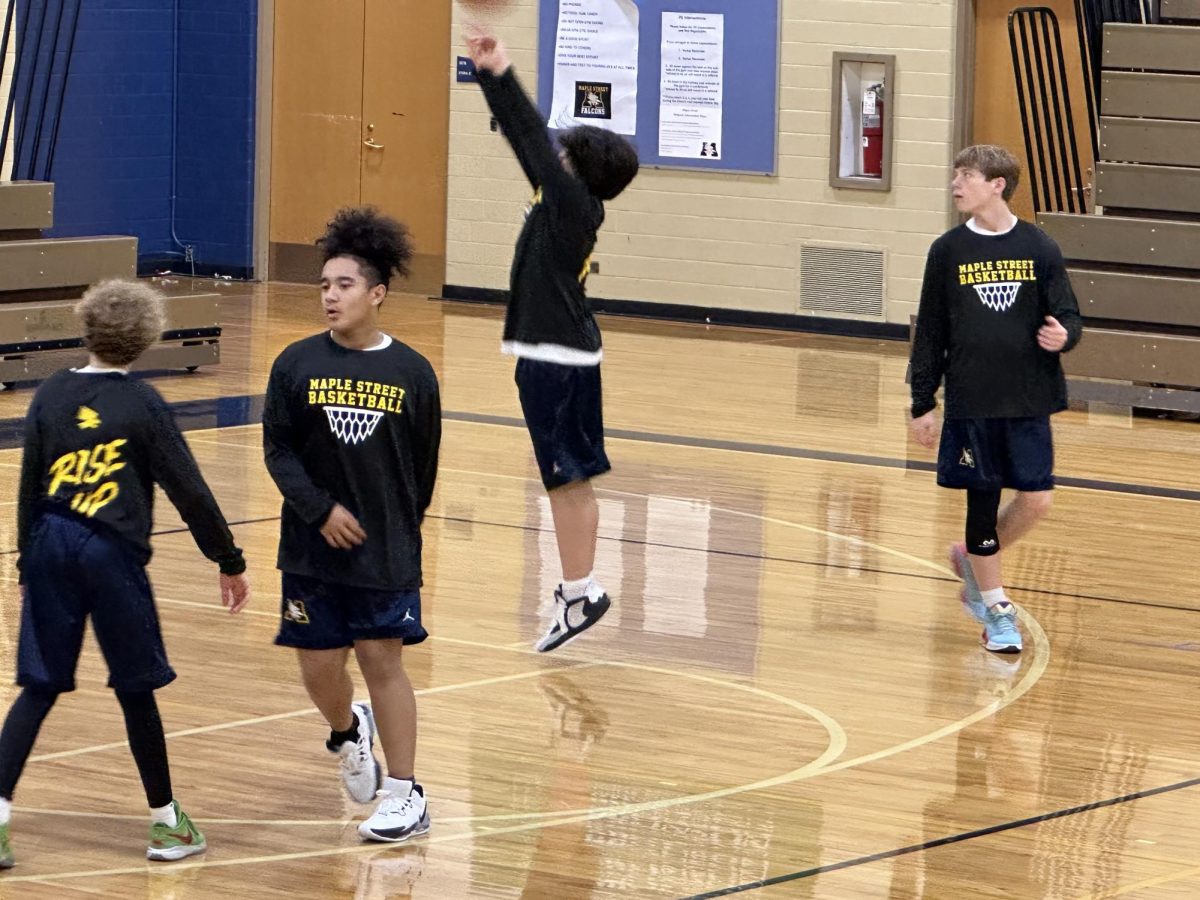Fantasy football is one of America’s favorite games to play. Last year, more than 29.2 million people in the U.S. played, making it the most popular fantasy sport in the country.
For years, football fans across the country have partaken in and enjoyed the fantasy sport based on NFL players’ performance. With the game being so easy to play, almost anybody with access to technology and an interest in football can participate. So it’s no surprise that teenage football fans across the country have created fantasy football leagues with their friends and family, including students at Loy Norrix.
Although the game may be considered fun and entertaining to some, the more passionate players have a different stance on the game.
“My whole mood around my week depends on how my fantasy team does,” said sophomore Connor Doren. “Yesterday I took a hard loss. I think my team is projected to score 64 points this week. Being 1-6 in that league, it can change your entire mentality.”
In fantasy football, every week two teams built up of 9 or more NFL players battle head-to-head and see which team is capable of coming out on top and scoring more points than the opponent. Scores usually end up in the 100’s, so anything below the 90’s range is far below average.
Fantasy football runs week-round for the first two trimesters of the school year. Games take place every Monday, Thursday and Sunday. From August through January, students across the school have to endure the stress that can come when playing in their fantasy football leagues.
Since students have the ability to play in multiple different leagues during the same season, the stress and focus required of participants only increases throughout the months. When you join another league, you’re adding on an entirely new roster to manage and set every week. Not even mentioning having to watch the waiver wire, fantasy football’s version of “free agency,” making and managing trade requests from other league members and keeping track of injuries from players on your roster. To say the least, it can be a difficult task to manage multiple teams.
“I’m in two leagues. In my first one, I’m 1-6. In my second one, I’m 2-5. I’m always worried about my teams doing good, but every week they seem to disappoint,” said sophomore Itamar Santos.
It’s gotten to the point where Santos has noticed that his team is interfering with his work and school life. Because fantasy leagues are season-long and are constantly changing just as the real NFL is with injuries, trades and more, dedicated fantasy team managers are constantly having to stay up-to-date and keep up with news and decisions, no matter the time.
“I’m always checking my team, trying to make changes, trying to get that win every week. Yet, with all that effort, the wins have yet to come,” said Santos.
Where some students may struggle in fantasy football, though, others seem to do surprisingly well. To students like Junior Ari Johnson, fantasy football doesn’t bring nearly the same amount of stress it’s capable of causing others.
“Fantasy football has definitely made me happier over the last couple weeks,” said Johnson. “The first week I did lose, but ever since I’ve just been winning. I’m 7-1 and I’ve been on a 7-week winning streak. So since week 1, I’ve been super happy.”
Because of the little stress Johnson has had from playing fantasy this season, he hasn’t had to put much thought into his team, so the game hasn’t been nearly as distracting as it has been for others.
“I set my lineup Thursday morning, so my lineup is already set before the week begins. Once I set my lineup, I don’t really think about it throughout the rest of the school week. I just know I’m winning,” said Johnson.
The effect that fantasy football can have on a Norrix student varies from student to student. Overall, though, it seems as though fantasy football is a high-risk, high-reward game. So, if you do play fantasy football, just try to remember one thing: at the end of the day, it’s just a game, so have fun!









